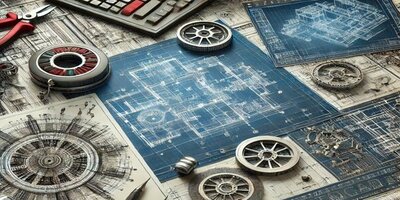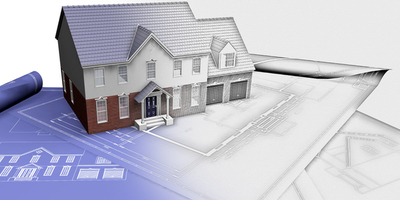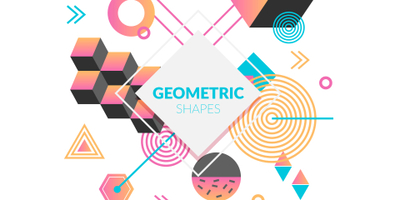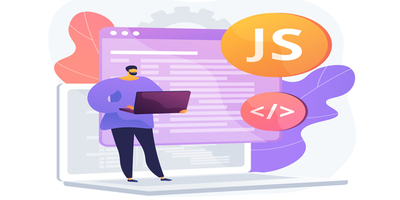CNC (Computer Numerical Control) Programming is the process of creating instructions for computer-controlled machines to manufacture precise parts and components. This course provides learners with the knowledge and skills to write, simulate, and optimize CNC programs for various machining operations including milling, turning, drilling, and grinding.
CNC programming is a critical skill in modern manufacturing, mechanical engineering, and industrial automation, enabling the production of high-precision components efficiently and consistently. The course covers both G-code programming (manual and conversational) and the use of CAM software to generate CNC toolpaths.
Essential skill for manufacturing engineers, machinists, and mechanical designers.
Enables precision and efficiency in modern production processes.
High industry demand in automotive, aerospace, industrial machinery, and consumer products sectors.
Prepares learners for careers in CNC machining, programming, and CAM operations.
G-code & M-code Fundamentals – Understand machine commands, codes, and syntax.
Machine Setup & Tooling – Learn about CNC machines, tools, fixtures, and workholding.
Part Programming – Create programs for milling, turning, and multi-axis machining.
Simulation & Verification – Test programs to avoid errors and optimize machining operations.
CAM Integration – Generate CNC toolpaths using software like Mastercam, Fusion 340, or NX.
Safety & Best Practices – Learn safe operating procedures and precision manufacturing techniques.
Machining of components for automotive, aerospace, and industrial machinery.
Production of precise mechanical parts with high repeatability.
CNC programming for engine parts, chassis components, and assembly fixtures.
High-volume production with consistent quality and tight tolerances.
Manufacturing of high-precision components such as turbine blades, structural parts, and fittings.
Complex multi-axis machining for advanced aerospace parts.
Machining of surgical instruments, implants, and prosthetics.
High accuracy and adherence to medical standards.
Combining CNC with CAM software for quick prototyping and iterative design.
Preparation of components for hybrid manufacturing workflows.
Integration with CAD/CAM workflows and automated machine tools.
Support for smart manufacturing, IoT-enabled CNC machines, and digital twins.
By the end of this course, learners will be able to:
Understand CNC machines and operations including milling, turning, drilling and multi-axis machining.
Write and interpret G-code and M-code programs for various machining tasks.
Set up CNC machines including tools, fixtures, workpieces and coordinate systems.
Simulate and verify CNC programs to avoid collisions and optimize machining.
Use CAM software to generate toolpaths and integrate CAD designs into CNC workflows.
Perform precision machining with high-quality surface finish and dimensional accuracy.
Troubleshoot CNC programs and operations to ensure efficient production.
Apply industry-standard safety practices and quality control procedures.
Understand advanced CNC concepts like multi-axis machining, parametric programming and automation.
Apply CNC programming skills in real-world manufacturing environments across automotive, aerospace, medical and industrial sectors.

Component Based Training
Industry Based Training
International Certifications
100% Placement Assistance
Free Certified Workshops & Seminars
Syllabus Based Classes

Component Based Training
Industry Based Training
International Certifications
100% Placement Assistance
Free Certified Workshops & Seminars
Syllabus Based Classes

Component Based Training
Industry Based Training
International Certifications
100% Placement Assistance
Free Certified Workshops & Seminars
Syllabus Based Classes

Component Based Training
Industry Based Training
International Certifications
100% Placement Assistance
Free Certified Workshops & Seminars
Syllabus Based Classes

Component Based Training
Industry Based Training
International Certifications
100% Placement Assistance
Free Certified Workshops & Seminars
Syllabus Based Classes
No: #172, Raahat Plaza,
2nd Floor, Office No: 196 & 197,
Arcot Road, Vadapalani,
Chennai - 600026.
caddschool@gmail.com
© CADD SCHOOL. All Rights Reserved. CADD SCHOOL